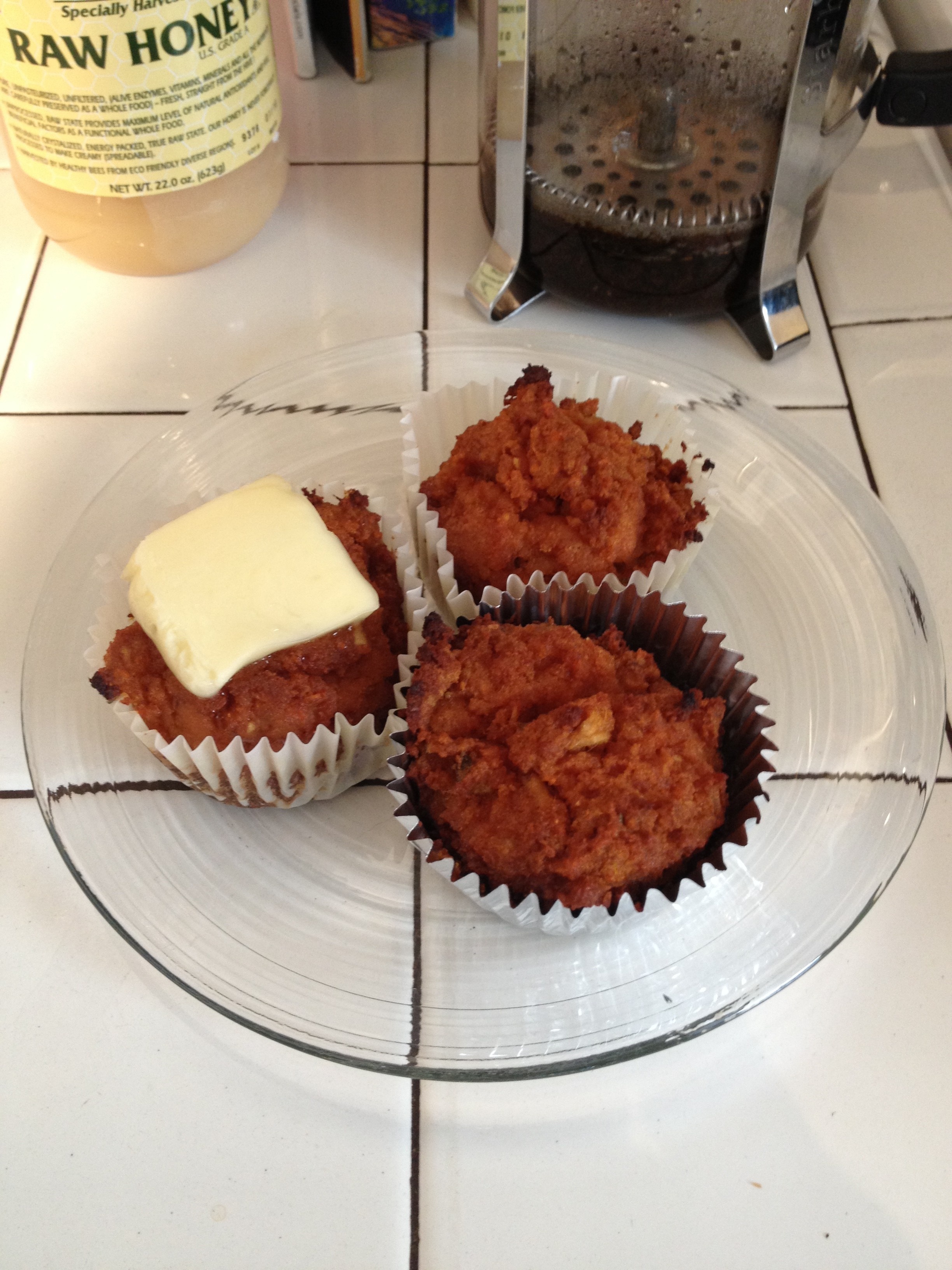Look at it this way–what you put in your body will either help it and strengthen it, or make things worse.
Having a knowledge of which foods feed cancer cells and which foods kill or starve cancer cells is absolutely vital to the healing process.
First and most importantly, any form of sugar, or food that raises the blood level of glucose, will feed cancer cells and should be the very first dietary change you make.
This includes any high glycemic foods that contain sucrose (regular cane or beet sugar), fructose (high fructose corn syrup, agave, honey, and naturally occurring sugars in fruits and fruit juice), or glucose (starchy foods such as potatoes, grain products like bread, crackers, pasta, cookies, granola bars, etc., and corn, popcorn).
Cancer cells feed on glucose in the body, and a low-glycemic diet will virtually starve out cancer cells. This is vital!
Sugar substitutes such as Splenda, Nutrasweet and Equal, refined flours, and trans fatty acids also wreak havoc on the body, and numerous studies have linked them to cancers. Even natural sweeteners such as honey and maple syrup (also sugars) should also be restricted while cancer remains active.
However, the herb stevia is a safe and natural sweetener, and it does not raise blood glucose levels or stimulate an insulin response. Stevia can usually be found in the supplement aisle of health food stores.
Avoid all processed foods and packaged foods—even if it came from the natural foods aisle. These foods contain artificial ingredients, preservatives, and other substances that strengthen cancer cells and interfere with the healing process.
Pasteurized dairy products should also be avoided, as they can contribute to allergies and asthma, and actually decrease immune function in the process. Many of these also contain sugar or high fructose corn syrup, and even if they don't, dairy products contain lactose, a type of sugar in milk. And unless they are 100% grass fed or organic, there are often hormones and additives in the milk or dairy products that speed up tumor growth.
The body’s ability to fight cancer is a function of the immune system, so anything that strengthens the immune system helps it kill cancer cells.
Some cancer-preventative diets recommend avoiding meat (mostly due to the hormones, toxins and antibiotics in conventional meat), but in most cases, the best choice is to eat good quality organic and grass fed meats, organic free range chicken, and wild-caught fish.
These meats are not only high in essential body-building proteins, B vitamins, iron, and zinc, but they also contain larger amounts of healing, cancer-fighting omega 3 fats , as well as Conjugated Linoleic Acid (CLA), a powerful cancer-fighting, immune-strengthening fatty acid.
One of the big concerns with a cancer diagnosis is metastasis when cancer cells spread to other parts of the body or lymph system. Metastasis is increased by a diet high in omega-6 fatty acids (canola oil, corn, soybean, sunflower, safflower or other vegetable oils).
However, omega 3 fatty acids, like those found in grass fed meats, wild caught fatty fish, flax seeds and walnuts actually slow down and inhibit cancer growth.
Omega 3 fatty acids also increase the body’s positive response to chemotherapy and help protect against chemotherapy’s toxic effects.
Healthy fats are essential.
CLA (conjugated linoleic acid) is such a potent cancer-fighting fat that studies even small amounts of CLA in the diet can reduce tumors by over 50 percent.
Studies show that even small amounts of CLA can block all three stages of cancer: 1) initiation, 2) growth, and 3) metastasis.
Where do you get CLA? The best source of natural CLA is from meat and dairy products of grass fed animals. Meat or milk from grass fed cattle contains 5 times more CLA than animals raised on grain in a feedlot. Simply switching from grain fed to grass fed products will increase your intake of vital CLA significantly, and eliminate the toxins and additives from conventionally raised meats as well.
Virtually all plant foods contain powerful nutrients and antioxidants that fight cancer, aid in the healing process, and help eliminate toxins from the body.
However, it is important to eat organic fresh fruits and vegetables if at all possible. Pesticides and toxins in commercially grown vegetables are not only toxic to the body, but can encourage the growth of cancer cells.
Certain vegetables have very potent anti-cancer properties including dark green lettuces like arugula, organic spinach, mache, and romaine lettuce, as well as parsley and watercress.
Cruciferous vegetables, a famiy of vegetables that includes broccoli, cauliflower, cabbage, bok choy, kale, kohlrabi, brussels sprouts, horseradish, mustard, capers, cress, rutabaga, arugula, and turnips, are extremely high in proven cancer-fighting phytochemicals.
Other healing and cancer-fighting plant foods include: edible seaweeds, berries, including: acai, goji berries, blueberries, raspberries, cherries, and red or purple grapes, garlic, ginger, turmeric, and green tea, among many others.
A New York based physician, Dr. Gonzalez, who has had incredible results treating so-called “untreatable cancers” with an alternative approach, and a specialized dietary regimen, recommends pancreatic enzymes in cancer treatment.
In a nutshell, his theory is that pancreatic enzymes are the body's main defense against cancer and are extremely useful as a cancer treatment.
Pancreatic enzymes have some amazing tumor-dissolving abilities.
Dr. Gonzalez, who is trained in immunology, uses special diets, aggressive supplementation with nutrients and enzymes, and detoxification methods to successfully fight cancer.
Effective healing not only requires a healthy, clean diet but also getting rid of accumulated toxins and metabolic wastes.
 Catherine (Cat) Ebeling RN BSN, is a back to basics diet and nutrition specialist. In addition to her advanced degree in nursing from a major medical school, she has spent the last 30 years intensely studying diet, health and nutrition.
Catherine (Cat) Ebeling RN BSN, is a back to basics diet and nutrition specialist. In addition to her advanced degree in nursing from a major medical school, she has spent the last 30 years intensely studying diet, health and nutrition. 




